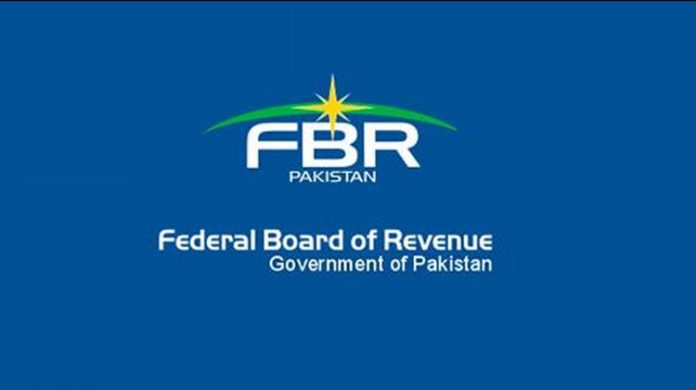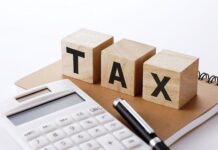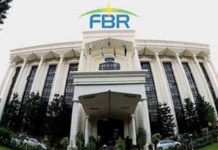
KARACHI: The Federal Board of Revenue said it is facing around 583 petitions linked to several levies and duties during the present financial year 2017-18.
According to a senior official of FBR’s legal wing, protracted row was inhibiting revenue collection to the tune of Rs260 billion, reported The News.
Member legal FBR, Tariq Masood stated constitutional and writ court cases were rising and it had taken stays against the tax recovery proceedings.
Regarding the logjam of cases, Masood said the temporary relief provided by the high court in the form of stay for thee cases was a bigger relief than ultimate relief.
He added this prompts taxpayer to prolong the court proceedings on merit and the real problem remains unexplored, resulting in cases being undecided for years.
The authorities downscaled the FBR revenue target to Rs3.935 billion for the present financial year 2017-18.
Mr Masood shared the government’s fiscal policy outlay was unable to attain its required aims because of stay given by the courts as the tax regulator is unable to collect any revenue and no decision is taken get by the court.
The FBR member legal member said till the case is unresolved, the government has no strategy for changes or to generate revenue from alternate sources because the case remains unresolved.
Also, Mr Masood shared the stay granted by the super judiciary for these 583 duty and tax linked cases had crossed beyond six months.
He admitted Article 199 (4) of the constituted gives a procedure for providing temporary relief, which needs proper notice and a chance of hearing to the law officer.
Legal member, FBR said courts need to put the reasons in writing that temporary order would not impact the assessment or collection of public revenue.
He stressed rarely are these recorded reasons taken into consideration in the interim orders.
The constitution clearly mentions interim order should suspend to have an impact after the expiry of six months given if the higher court finally resolves the problem within that time frame, but rarely does that happen, said Mr Masood.
As a result, this pushes taxpayers to elude statutory remedies available to them and contributes to more constitutional petitions, civil suites and writ petitions, which are adding to the backlog, he added.























